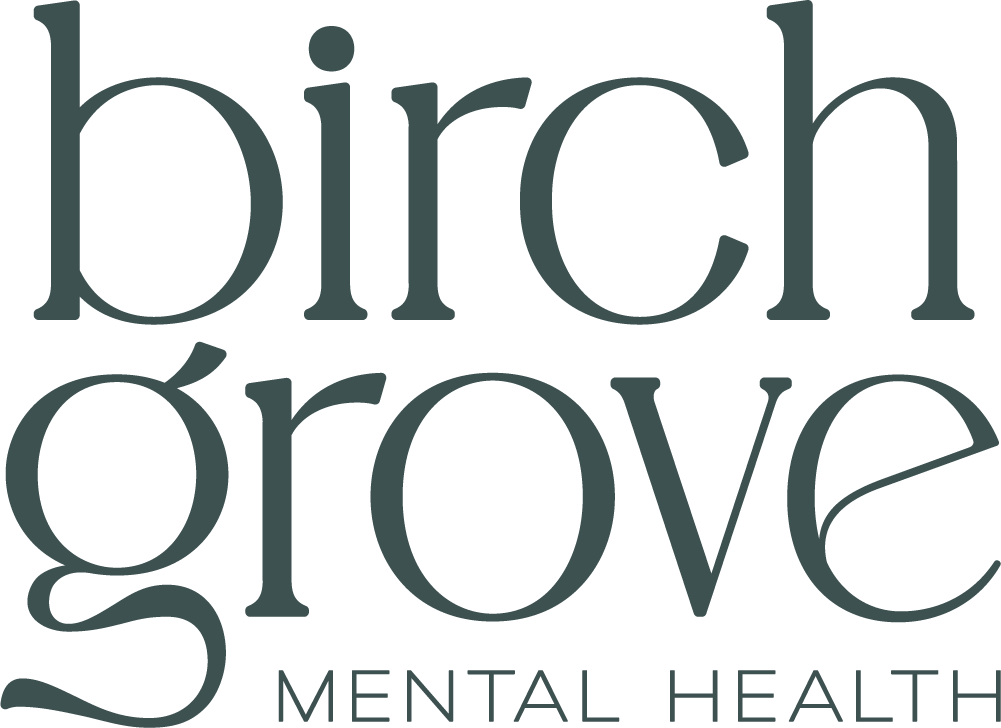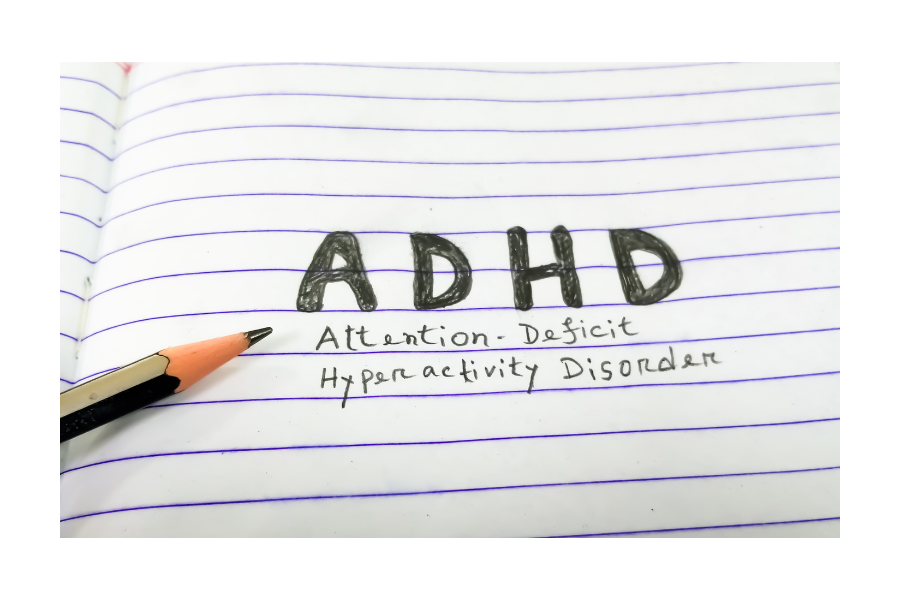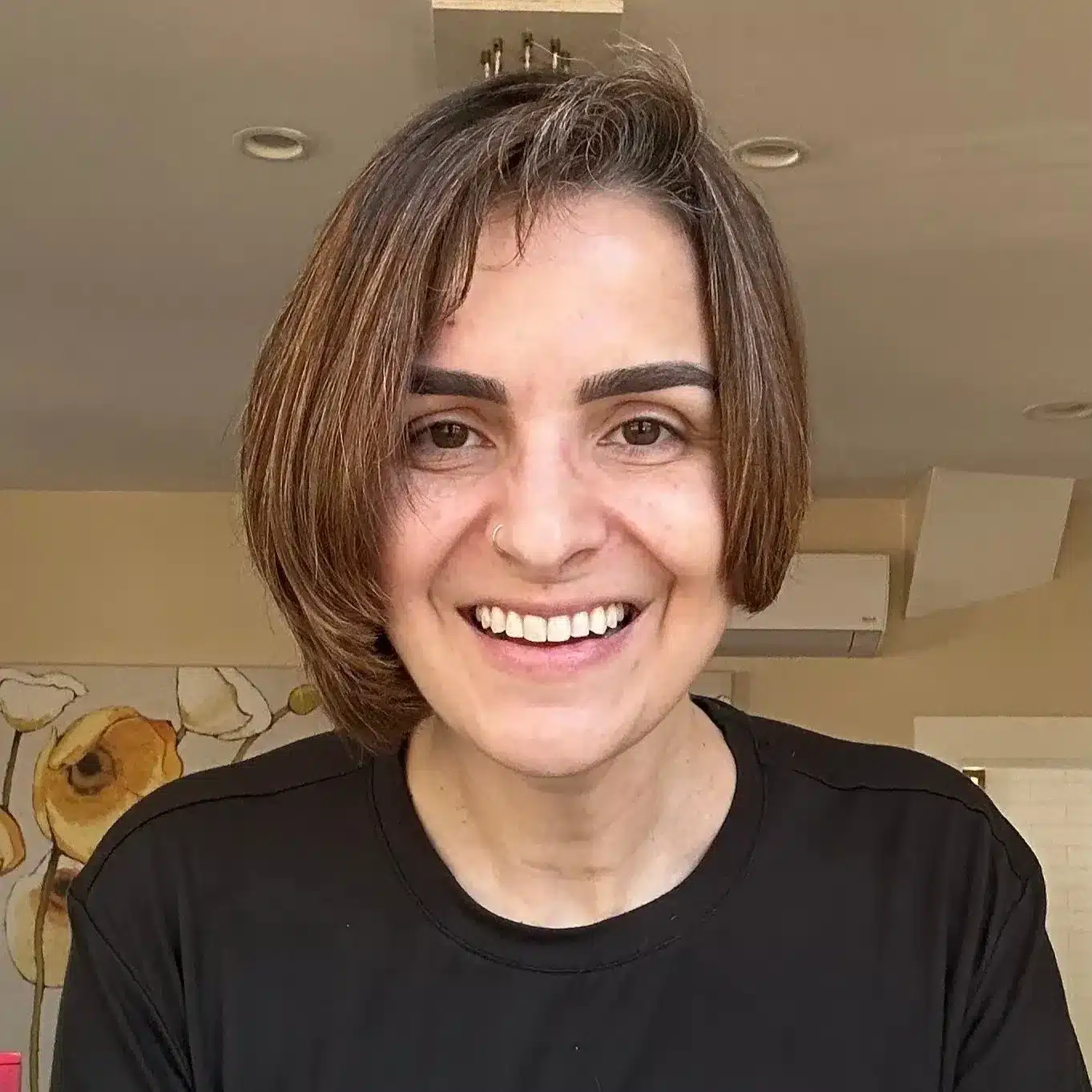When we think of ADHD (Attention-Deficit/Hyperactivity Disorder), we often picture a restless child who can’t sit still in a classroom. But ADHD is not just a childhood condition – it frequently continues into adulthood, often without being formally diagnosed. Or perhaps you were diagnosed, and even benefited from medications that helped manage your symptoms and get you through the battlefield of school but thereafter viewed it as something you dealt with in childhood. Understanding ADHD in adults is essential, as the symptoms may look different than in children and are often overlooked or misattributed.
Many of my patients follow this scenario, considering ADHD something they struggled with during their childhood and managed to overcome in adulthood. Despite having ‘grown out of ADHD’, these same adults have symptoms of the disorder identifiable within their day-to-day lives. Many develop coping strategies to cover, and maneuver known gaps created by their ADHD while others who are unaware of their diagnosis struggle more silently, wondering why staying focused, staying organized, or managing emotions feels more of a challenge than it should be.
Children and adults with ADHD often struggle with low self-esteem, anxiety, and depression, as life, school, relationships, work start to represent struggles. Frequently we don’t recognize that the struggle is rooted within us. To find internal balance people often practice avoidance and self-medication. Recognizing ADHD in adults is an important step toward identifying how these patterns develop and how they can be addressed in therapy.
Treatment happens when people feel they are losing more than they are gaining, when they recognize that ADHD is not just impacting themselves, but all those their world touches. It’s an exceptional moment, as it is the start toward a higher quality of life. When you are ready, I encourage you to get diagnosed and seek treatment.
Below are some basic facts about ADHD
What Is ADHD? Understanding ADHD in Adults?
ADHD is a neurodevelopmental disorder that affects attention, impulsivity, and self-regulation. About 4.4% of U.S. adults experience ADHD.
Common Signs of ADHD in Adults
Some adults discover they have ADHD only after their child is diagnosed or after years of burnout, anxiety, or low self-esteem. Common signs include:
- Difficulty staying focused on tasks or conversations
- Chronic disorganization or trouble managing time
- Forgetfulness (appointments, deadlines, or where you left your keys)
- Restlessness or feeling “on edge” even while sitting still
- Frequent procrastination and difficulty prioritizing
- Impulsive decisions or interrupting others
- Mood swings, irritability, or feeling overwhelmed easily
ADHD and Co-Occurring Conditions
Undiagnosed ADHD often overlaps with other mental health concerns.
Adults with ADHD are more likely to experience:
- Anxiety disorders
- Depression
- Substance use disorders
- Sleep issues
It’s common for people with ADHD to also struggle with regulating emotions, which may be misinterpreted as mood-related issues, delaying diagnosis and treatment. Understanding ADHD in adults includes recognizing how these co-occurring conditions can complicate the diagnostic process.
At Birch Grove Mental Health, we understand the unique challenges that come with adult ADHD. Whether you’re seeking a diagnosis or looking for new tools to manage life more effectively, our team is here to help.


